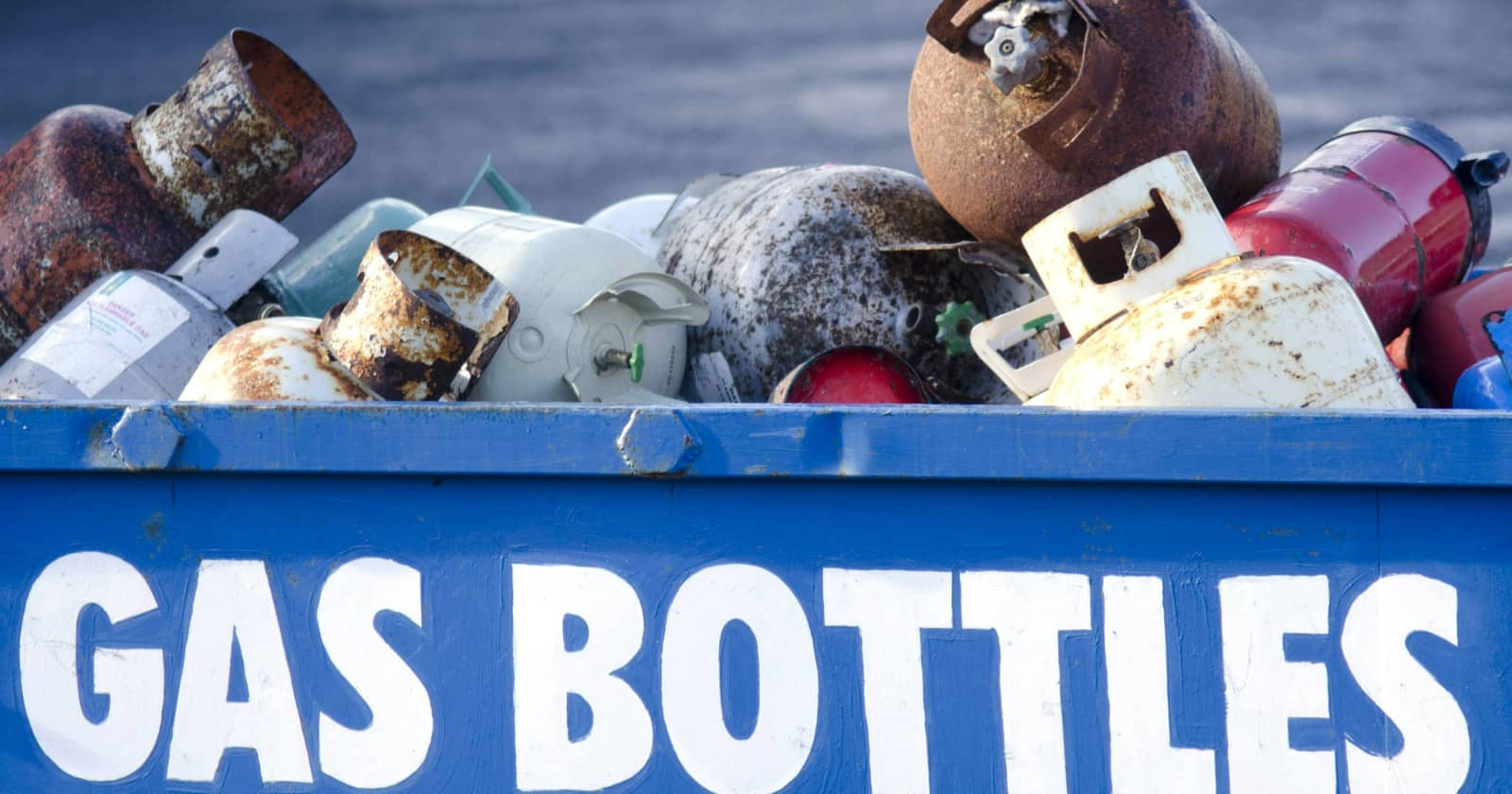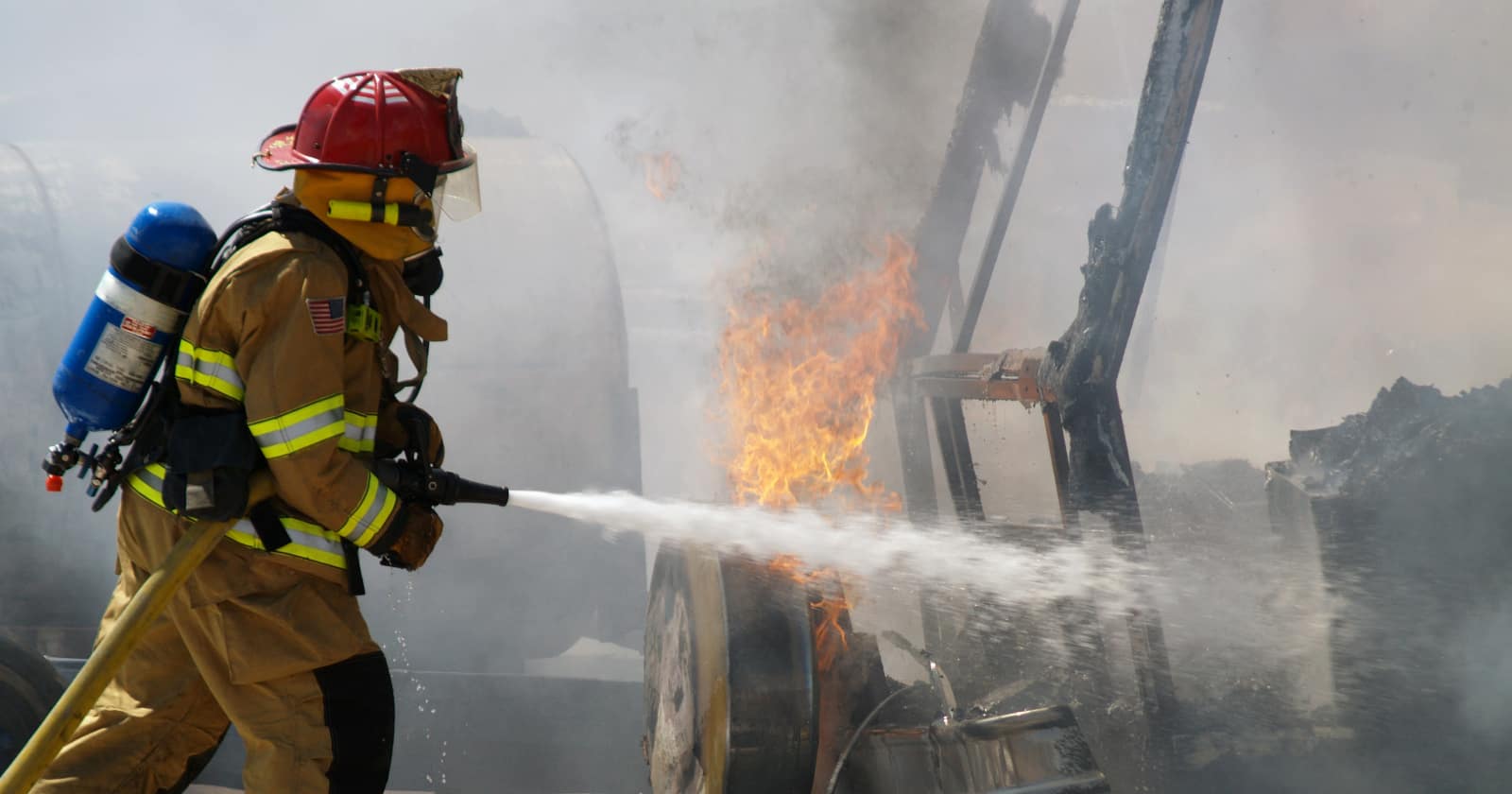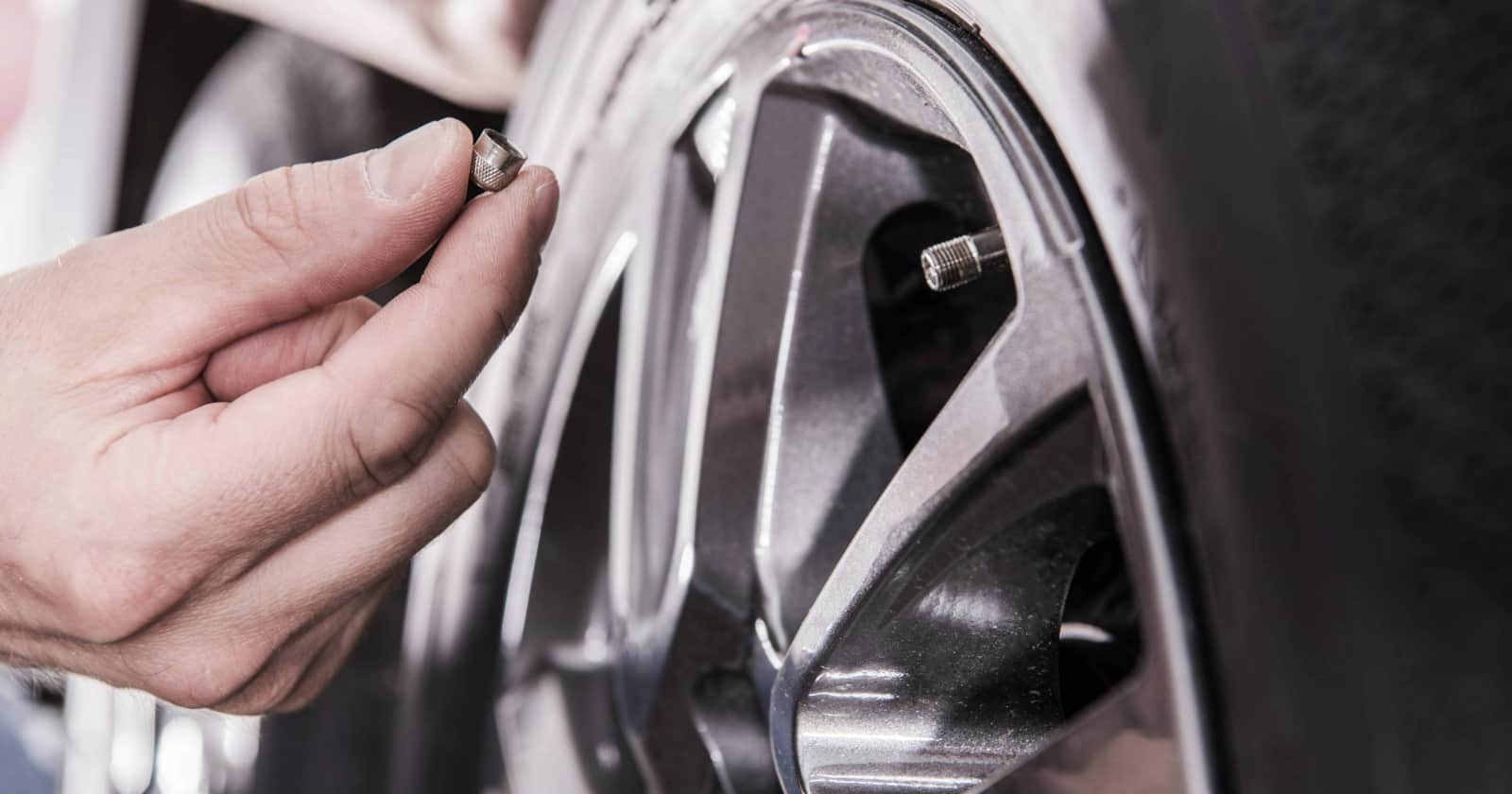Understanding cold weather safety is crucial, even if winter camping isn’t in your plans. Weather conditions can shift swiftly and without warning, especially in mountainous areas or during the transitional seasons of spring and fall. Every RVer should be equipped with knowledge on staying safe and warm as temperatures fall.
While our article Winter RVing Tips From Experienced RVers offers insights on maintaining warmth in your RV, here we’ll delve into essential cold weather safety tips, ensuring your camping adventures remain both exhilarating and safe, regardless of the chill.
Why Cold Weather RVing Is a Thing
It’s frequently said that if you’re RVing in cold weather, you’re doing it wrong. So it might surprise some readers to learn that many RVers actually prefer to camp in the shoulder seasons or even winter. These RVers cite a few reasons for this. For one thing, if you’re into skiing, snowshoeing, or ice fishing, it’s great to have a cozy little home on wheels nearby where you can warm up after a day on the slopes, trails, or lake. For another, the warm weather crowds are usually absent, leaving nature to the few people brave enough to camp in cold temperatures or winter conditions.
Our Top Cold Weather Safety Tips for RVers
Whether you plan to embrace the wonders of winter camping or you find yourself unexpectedly camping in freezing conditions, there are some things you need to know to stay safe. Here are our top cold weather safety tips that every Rver should know.
Tip #1: Use Snow Tires and Carry Tire Chains
Whether you are traveling in the mountains during the shoulder season or in winter, you should use snow tires and/or carry tire chains. Snow tires enhance traction in snowy and icy conditions, and carrying tire chains provides extra security for unpredictable weather changes.
Tire socks like ‘AutoSocks’ offer a convenient and lightweight solution for improved traction in snowy conditions and are authorized as an alternative traction device across all states. However, it’s important to note that in areas where the Department of Transportation requires chains, only chains will suffice. Also, remember that tire socks may deteriorate rapidly when used on dry roads.
Tip #2: Park Your RV Mindfully
If you are parking your RV in an area where there is snow or ice present or there is snow in the forecast, it’s a good idea to park so you can get out easily. This may mean backing into a spot. Anytime you are parking in cooler weather, it’s a good idea to park with maximum sun exposure in mind.
Tip #3 Keep RV Steps Safe
RV steps can be really slippery, especially after temperatures drop below freezing. It’s a good idea to bring a small snow shovel with you to clear an entrance path to keep snow from being tracked onto the RV steps or dig out if you need to. Some RVers even use non-corrosive ice melt on their steps. Whatever you use to keep traction on your RV step treads, you should always keep them dry and clear of snow and ice. Be sure to remember to check the steps before you exit the RV in the morning too.
Tip #4: Use Propane Safely
Propane is indispensable in RVs. We use it for heating up meals on the stove, keeping the fridge running when we’re off-grid, and running the furnace. However, propane can be deadly if it’s not used with care.
Carbon Monoxide Poisoning
When propane (or any other fuel) burns, it creates an invisible, odorless, and toxic gas called carbon monoxide. When you inhale carbon monoxide, it prevents your red blood cells from carrying enough oxygen for cells and tissues to live. Carbon monoxide kills 420 people a year in the US, and it does so insidiously.
Symptoms of carbon monoxide poisoning to watch for are headache, dizziness, weakness, nausea, vomiting, chest pain, confusion, and finally, unconsciousness. If you or anyone you know has these symptoms and might have been exposed to carbon monoxide, it’s important to get them into fresh air as soon as possible. If they are unconscious, they need to get medical treatment ASAP.
Here are some tips to prevent carbon monoxide poisoning when you’re winter camping:
- Make sure vents are in working order and not blocked by ice and snow.
- When cooking on a propane stove, turn on the over-the-range or overhead vent fan to vent fumes outdoors.
- Don’t use portable propane heaters or camp stoves inside the RV. They should only be used in well-ventilated spaces.
- Make sure to check your battery-powered carbon monoxide detector and change the batteries every 6 months.
Propane Asphyxiation
The good news is that propane gas isn’t technically a toxin. The bad news is if you inhale it, propane can kill you in another way. You see, propane gas molecules are heavier than air. This means if propane gas is inhaled, its molecules sink down into the lungs displacing air and blocking oxygen from getting into the bloodstream. Furthermore, propane by itself is odorless and colorless, so propane companies add sulfurous-smelling ethyl mercaptan to it, just so you’ll know it’s there.
If you are winter camping and using propane appliances, it’s important to know what the signs of propane asphyxiation are: Rapid breathing, rapid heart rate, clumsiness, emotional upsets, and fatigue are the first symptoms to occur. And then, as less oxygen becomes available, symptoms of propane inhalation include nausea and vomiting, collapse, convulsions, and coma. If you’ve had a propane leak, and you or someone else starts to experience any of these symptoms, it’s important to get fresh air and get medical help as soon as possible.
Here’s how to avoid propane asphyxiation:
- If you smell rotten eggs or a sulfur smell, turn off the propane valve immediately and leave the area.
- Check the RV propane system for leaks at least every year, depending on its age and usage.
- Use a GasStop propane leak detector and emergency shut-off device.
- Your RV’s LP detector should be replaced 5 years from its stamped manufacture date found on the back of the unit. Newer RV models often feature a combined propane gas and CO (carbon monoxide) detector alarm.
Tip #5: Stay Fire-Safe in Cold Weather
Having a fire in your RV could bring a quick end to your vacation and could cost you your life or the lives of loved ones. Here are some ways you can stay fire-safe in your RV, especially when camping in cold weather
- Have a working smoke detector. You should test your smoke detector frequently and change its batteries every 6 months.
- Keep fire extinguishers at hand. Most RVs come with one little fire extinguisher by the door. This means you’ll need to get to it from wherever you might be in the RV, no matter where the fire is (probably in the kitchen or engine). Having a Class A, B, and C fire extinguisher in the living area, the kitchen, by the RV cockpit, and in each bedroom of the RV will allow you to quickly prevent the fire from spreading throughout the RV.
- Never overload RV electrical circuits.
- Keep flammable objects (like paper towels) and cooking oils away from stovetops.
- Situate the campfire at least 20 feet away from the RV.
- Use electric space heaters with care. Keep them clear of walkways and flammable materials. Always supervise any space heater’s operation, avoid placing them in confined areas like children’s bedrooms, and ensure they are turned off when unattended. Regularly check the heater for any damage and follow the manufacturer’s guidelines to prevent risks like overheating or electrical hazards.
Conclusion
Having a cozy RV to camp in can be a fun way to enjoy winter activities. However, you can also find yourself inadvertently camping in cold weather when the temperature drops unexpectedly. We hope these cold weather safety tips will help you to stay warm and safe while you enjoy your RV, no matter what the weather is.
One of the best parts about RVing is engaging with the community of traveling enthusiasts. iRV2 forums allow folks to chat with other RVers online and get other perspectives on everything RVing, including tips, products, destinations, RV mods, and more.



